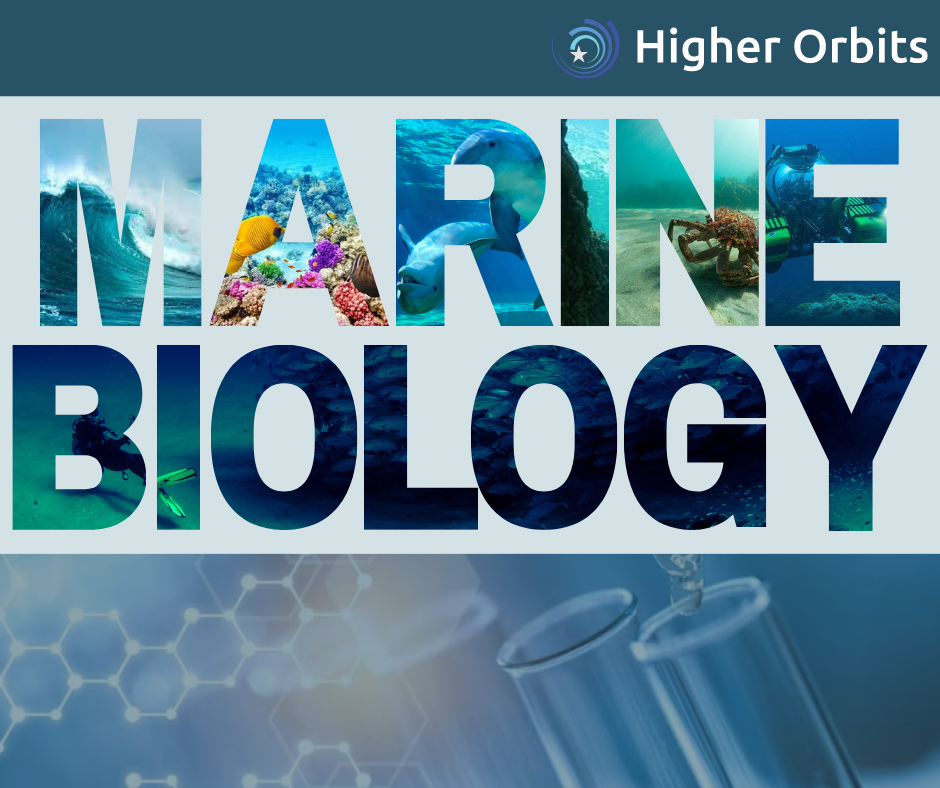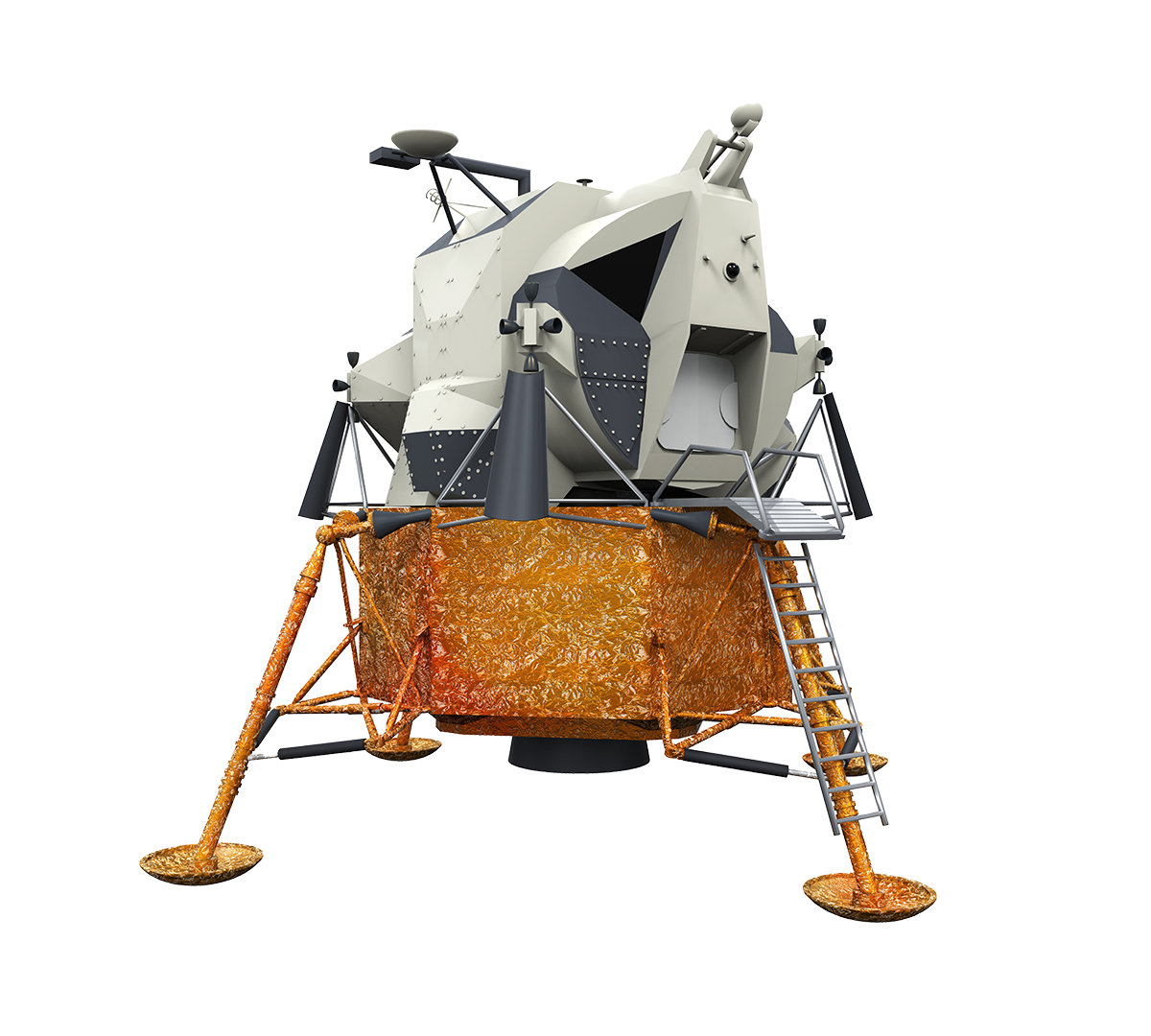Diving in to Exciting Career Options in Marine Biology and Science
Do you find yourself captivated with the crashing waves against the shoreline? Are you curious about the ever-growing mysteries of the Earth’s oceans? Does the idea of working to nurse sea creatures back to health excite you? If you answered “Yes!” then maybe marine science is the right course of study for you! Marine science is a captivating field that offers a wide range of career opportunities for students passionate about the ocean and its inhabitants. One mind-blowing statistic is that only approximately 5% of our oceans have been truly explored. Yet, scientists have estimated that 50-80% of life likely resides underwater, and marine photosynthesizers are responsible for producing over 50% of the Earth’s oxygen supply. Whether you dream of working in research, conservation, or education, there are many opportunities for various career paths in marine biology each with different unique benefits. Marine studies is an engaging field which is offered at some universities in different forms at an undergraduate level and also presents the opportunities for additional study and specialization. We will explore the best degrees for each career option and provide insights into the typical work-life experience associated with each path.
Marine Research Scientist: As a marine research scientist, you can contribute to advancing knowledge about marine ecosystems and species. A marine research scientist specializes in studying various aspects of the marine environment and its inhabitants. Their research focuses on understanding marine ecosystems, species diversity, behavior, adaptations, and the impacts of human activities on these systems. They investigate topics such as oceanography, marine ecology, marine biology, marine genetics, marine chemistry, and more. These scientists conduct fieldwork, collect samples, and analyze data to gain insights into the intricate relationships between organisms and their habitats. They explore the effects of climate change, pollution, habitat degradation, and overfishing on marine ecosystems. By studying marine research, scientists contribute to expanding our knowledge of the ocean and finding ways to better protect and manage these invaluable ecosystems. And as mentioned before, the shortage of formal ocean study presents incredible potential for study and data collection. A bachelor's degree in marine biology, biology, or a related field serves as a solid foundation. Additional pursuit of higher education or equivalent experience can help to open doors to marine research positions! In their careers, marine research scientists spend their time conducting experiments, collecting data in the field, and analyzing samples in the laboratory. They may work on research vessels or at marine research institutes. Collaboration with other scientists, publishing research findings, and presenting at conferences are integral aspects of the job. Work hours can vary depending on the specific project, and fieldwork often involves travel to remote locations.
Marine Conservationist: If you are passionate about protecting marine ecosystems and biodiversity, a career as a marine conservationist might be for you! In an age where plastics threaten natural ecosystems, carbon emissions alter climates, and human negligence pollutes indiscriminately, Marine Conservationists are more valuable than ever. Our waters are home to millions of unique species that rely on the actions of passionate conservationists to advocate for their safety and rehabilitation. A bachelor's degree in marine biology, environmental science, or conservation biology can provide a solid foundation for this career path and additional education can increase a Conservationist’s value as an employee and as an educated asset. Marine conservationists work to develop and implement strategies to protect and conserve marine resources. They may collaborate with government agencies, non-profit organizations, or research institutions. Tasks can include conducting research, monitoring marine species, advocating for policy changes, and educating communities about sustainable practices. Fieldwork, lab work, and office-based tasks are typically part of the job.
Marine Educator: A career as a Marine Educator presents amazing opportunities for those with a passion for teaching and sharing your knowledge with others. Marine Educators work in various settings, including aquariums, museums, and environmental education centers. They develop educational programs, lead interactive workshops, and conduct outreach activities to inspire a love for the ocean among students and the general public. A bachelor's degree in marine biology, education, or a related field is a good starting point, and gaining experience through internships, volunteering, or working at marine education centers can enhance your prospects. Depending on the role, work may involve creating educational materials, organizing field trips, and collaborating with teachers and community organizations. This work presents the incredible opportunity to share your passion for the oceans and marine life with others!
Marine Veterinarian: A career as a veterinarian specializing in nursing marine life back to health and returning them to the wild is a unique and fulfilling path for those passionate about marine conservation and animal welfare. Due to overfishing, a historical increase in mechanical boats, and various pollutants such as free-floating litter (ex. Fishing nets, plastic bags/waste, etc.), many marine populations have suffered devastating losses and injuries. These dedicated professionals work closely with injured or sick marine animals, providing them with the necessary medical care and rehabilitation needed to regain their strength and eventually release them back into their natural habitats. The daily tasks of a veterinarian in this field can vary depending on the specific role and the organization they work with. They may be responsible for diagnosing and treating various ailments and injuries, conducting medical examinations, performing surgeries, and administering medications. Additionally, they often oversee the design and implementation of rehabilitation programs tailored to the specific needs of different marine species. This can involve managing dietary plans, monitoring behavior and progress, and providing physical therapy or rehabilitation exercises. Interests that are recommended for pursuing a career in nursing marine life back to health include a deep love and understanding of marine animals, a genuine concern for their well-being, and a desire to contribute to conservation efforts. Patience, compassion, and strong communication skills are essential for working with injured or distressed animals, as well as collaborating with a team of veterinarians, marine biologists, and other professionals. A strong background in veterinary medicine, preferably with experience in marine or aquatic animal health, is crucial. Additionally, a willingness to continuously learn and stay updated on the latest research and advancements in marine veterinary care is important for providing the best possible treatment and rehabilitation for these amazing creatures.
A career in marine biology offers diverse and rewarding opportunities to study and protect our oceans. The careers listed here are not the only options for this expansive field of study. Astronaut Jessica Meir, a marine biologist and Higher Orbits partner, is an incredible example of the limitless applications for marine study in STEM. In her educational journey she earned a Bachelor of Arts in Biology from Brown University, a Master of Science in Space Studies from the International Space University, and a Doctorate in Marine Biology from Scripps Institution of Oceanography. Prior to becoming an astronaut, Astronaut Meir researched animals in extreme climates, journeying to Antarctica to study emperor penguins. Later, she used her combined passions for space and marine study to research the limitations of human physiology with Lockheed Martin and served as an aquanaut for some of NASA’s extreme underwater missions in the NEEMO programs. Whether you're driven by research, conservation, or education, pursuing the right degree and gaining relevant experience can help you carve out a successful path. Remember to stay curious, network with professionals in the field, and seek out internships or volunteer positions to gain hands-on experience. With dedication and passion, you can make a meaningful impact on the marine world while building a fulfilling career in marine biology and marine science fields!

